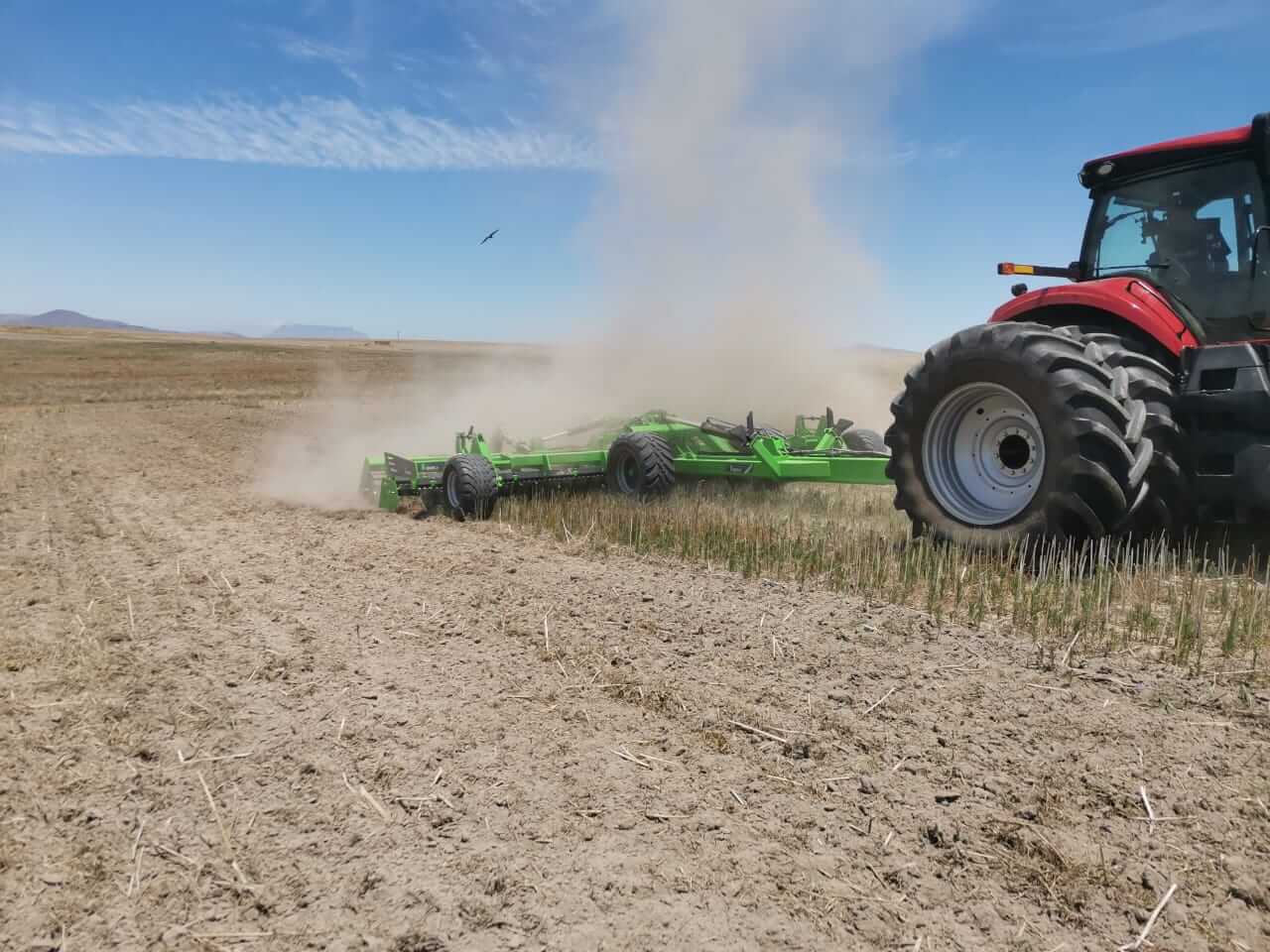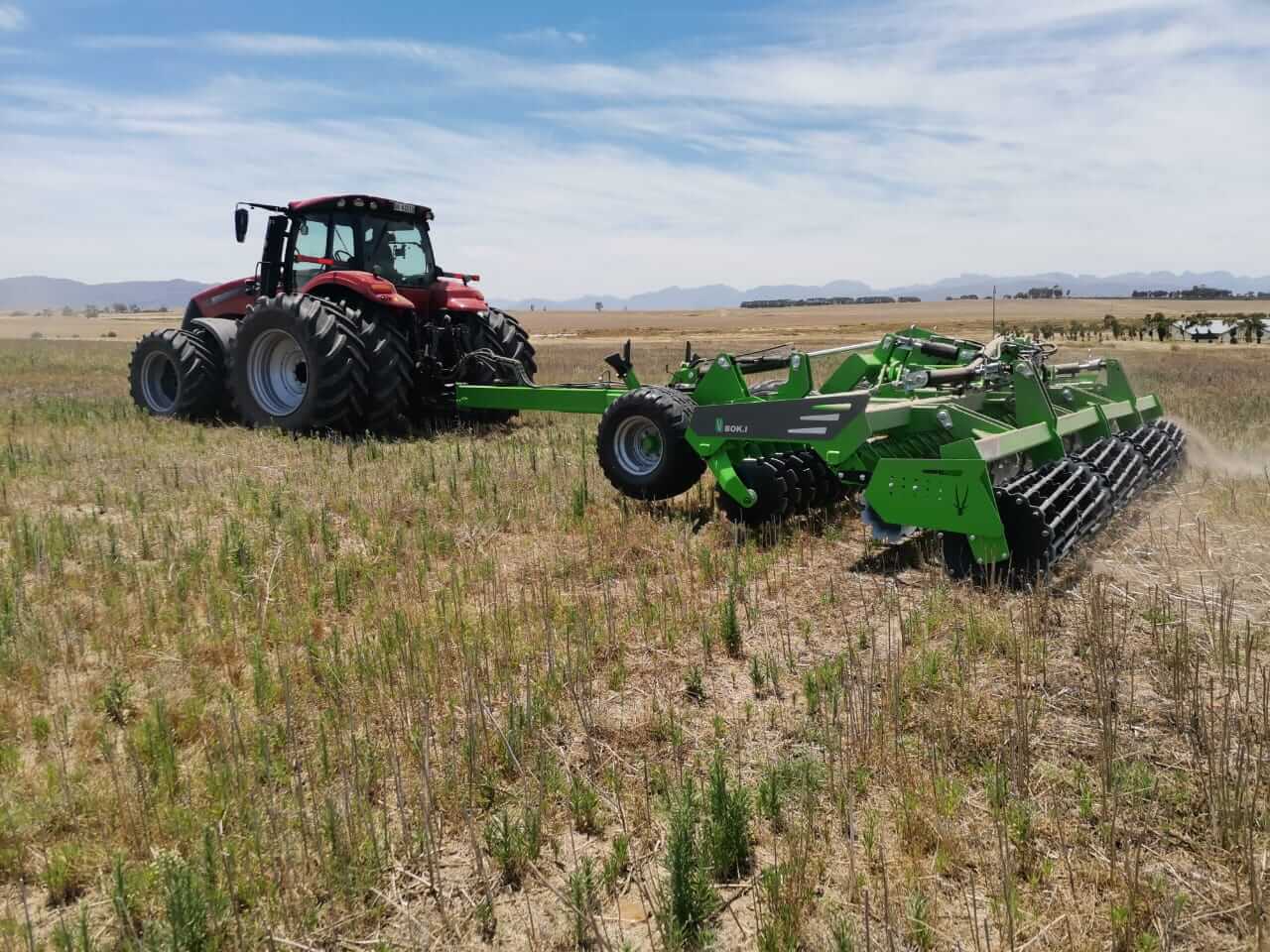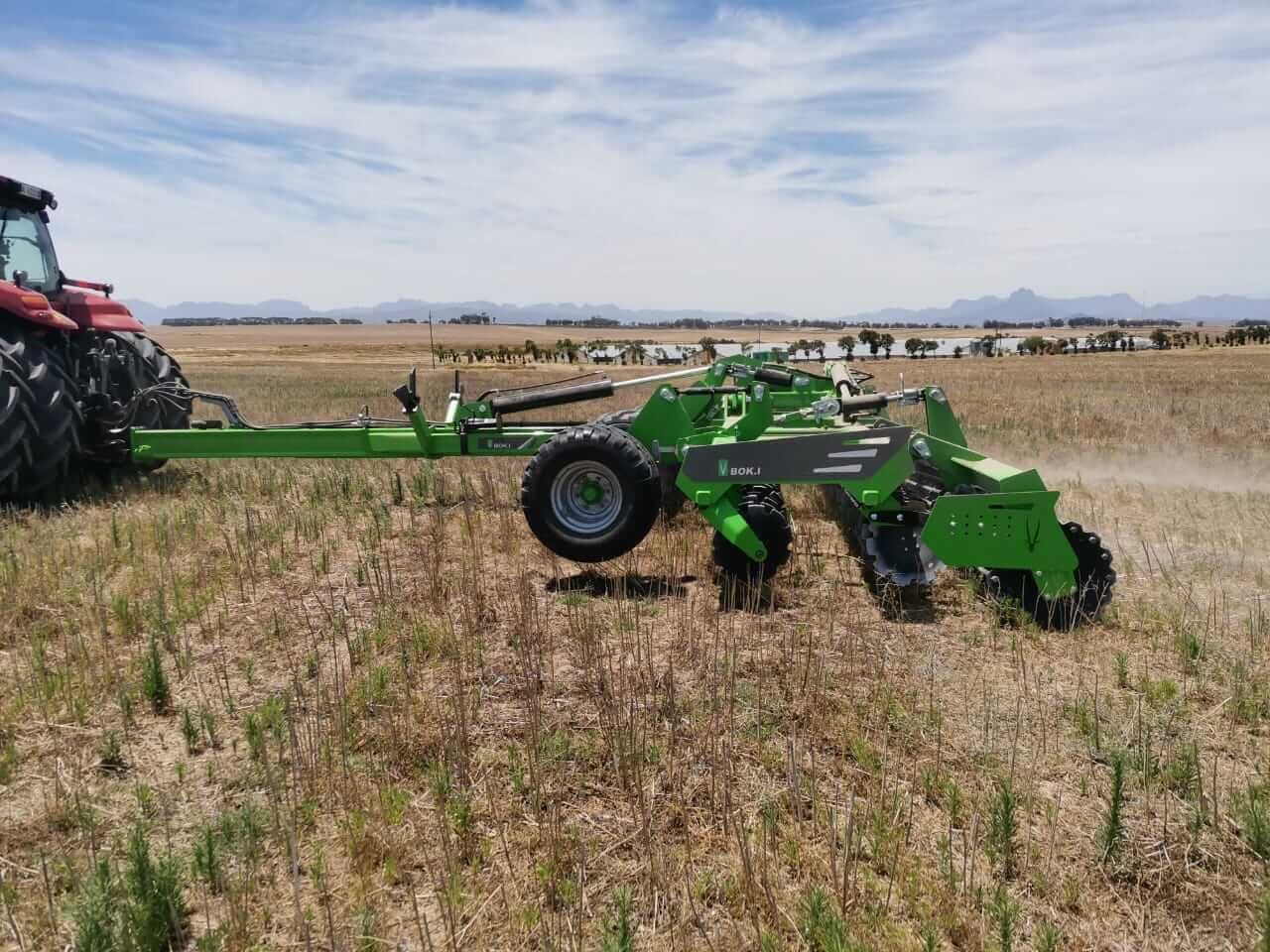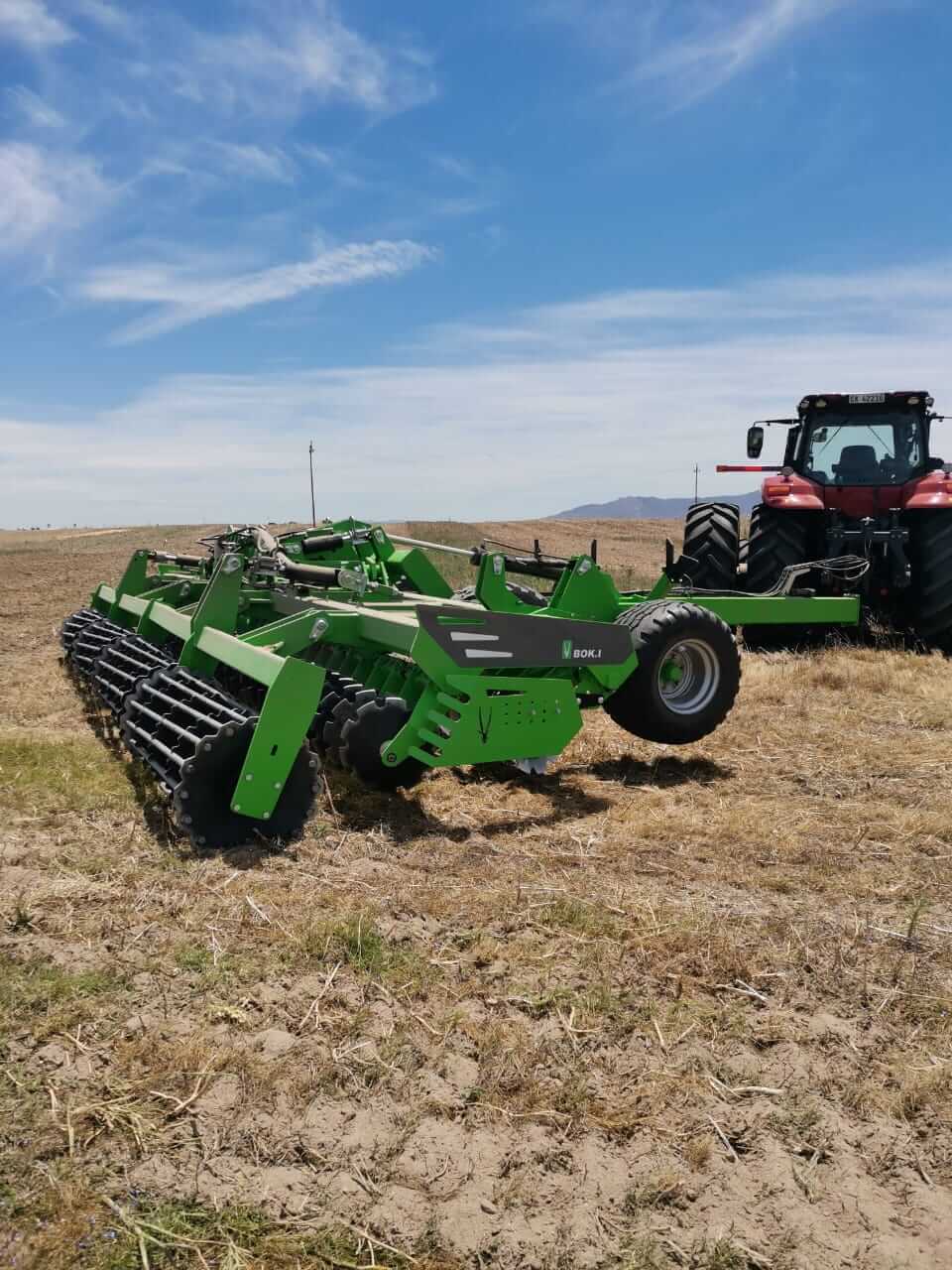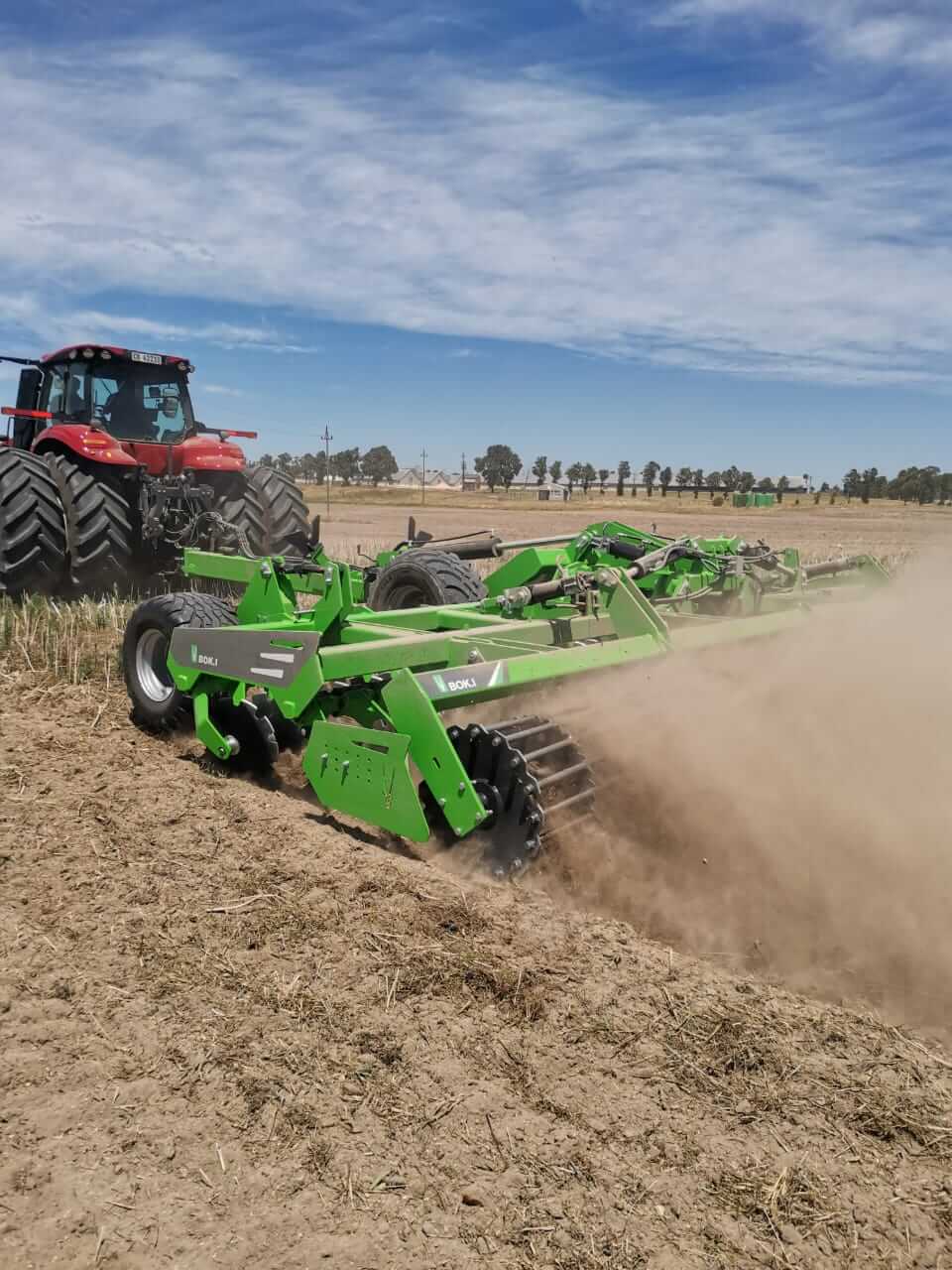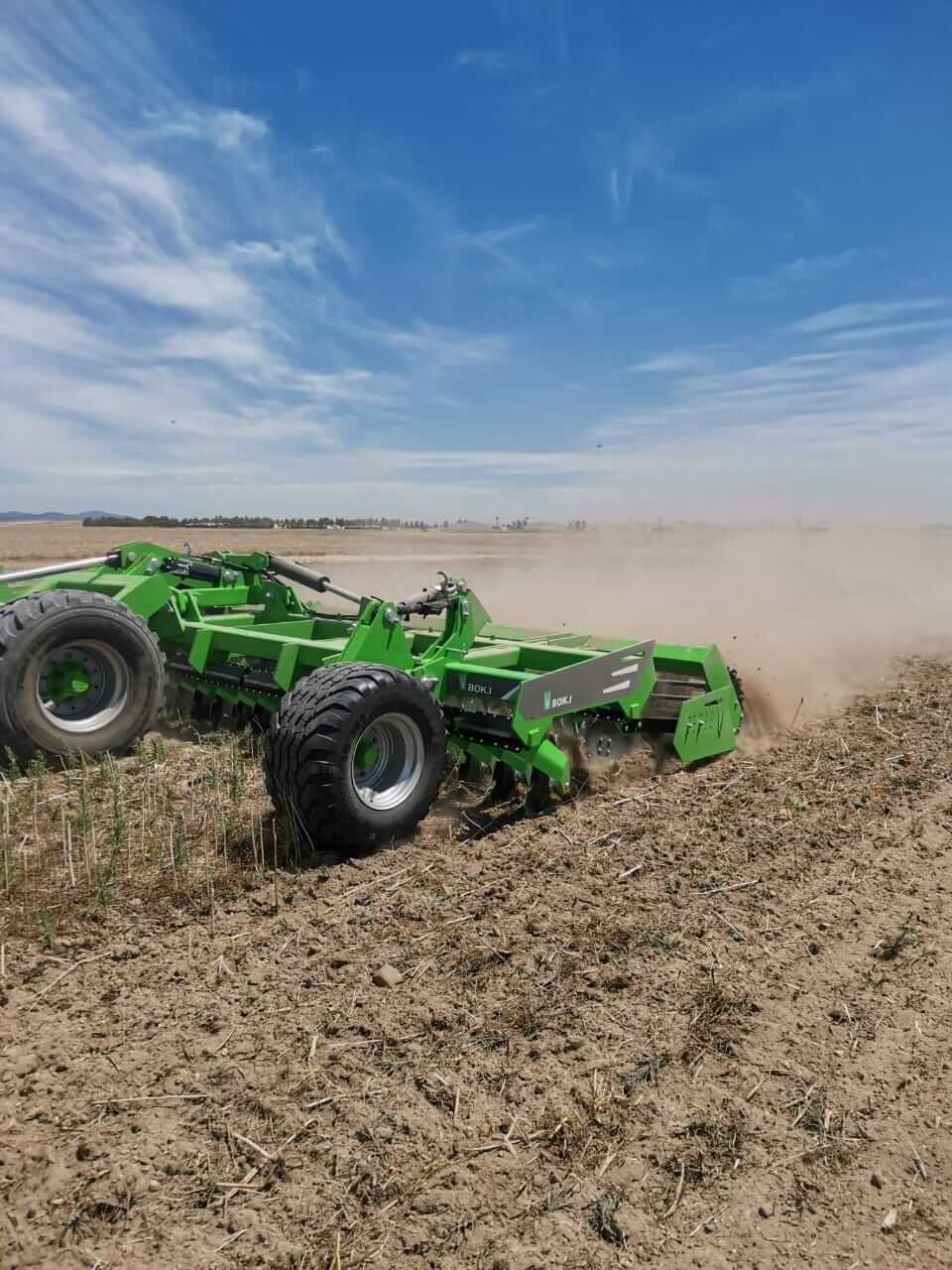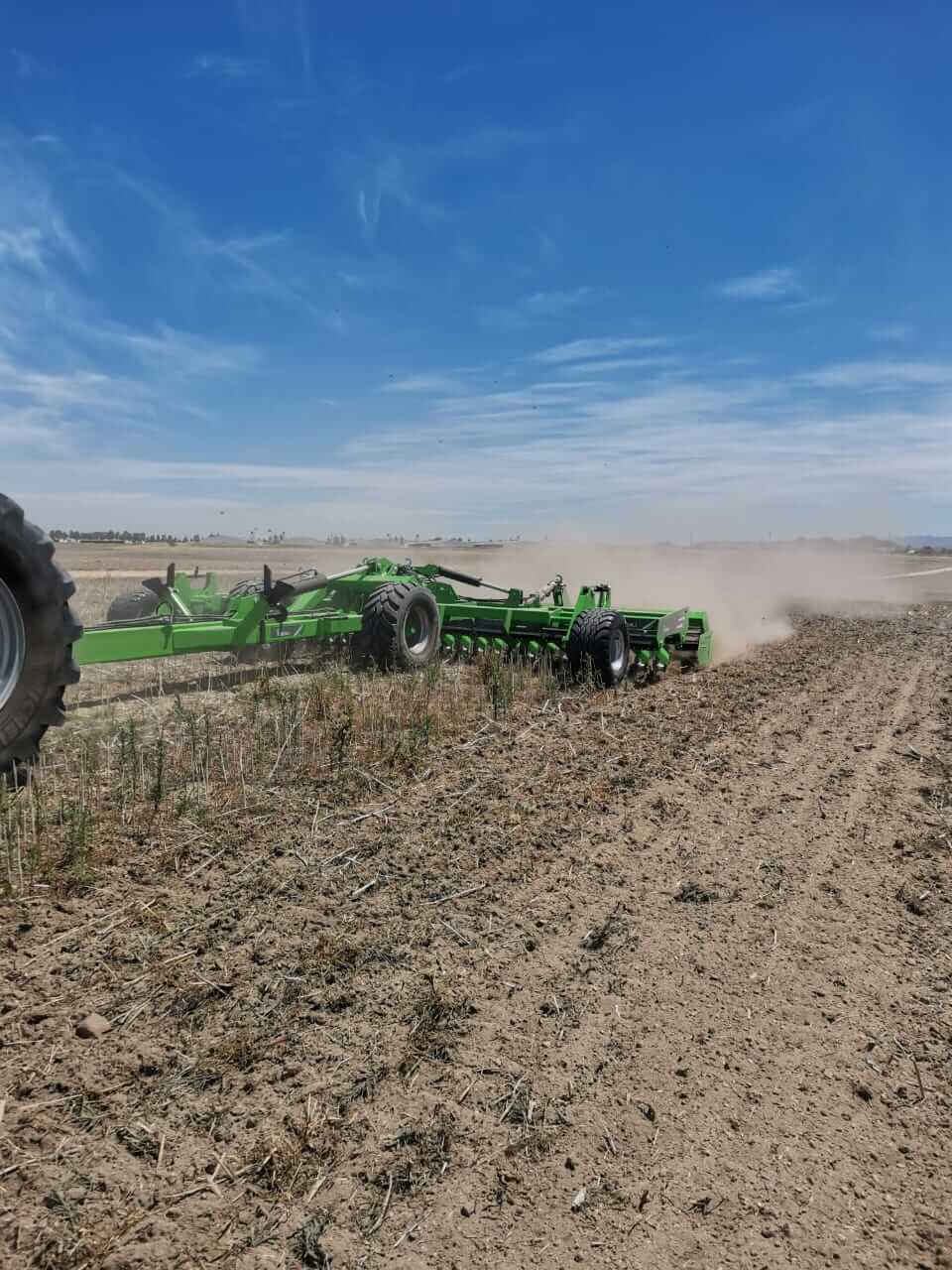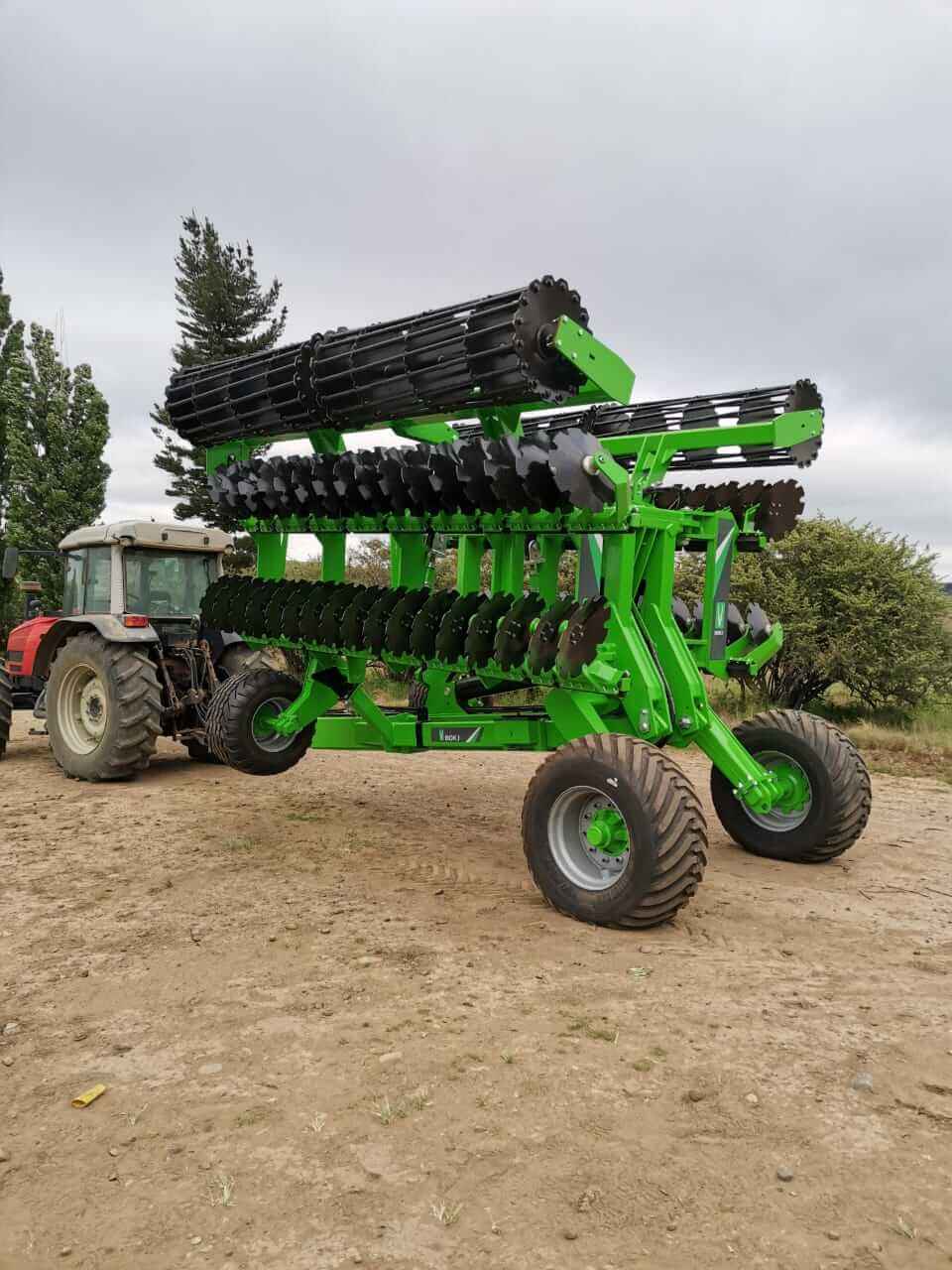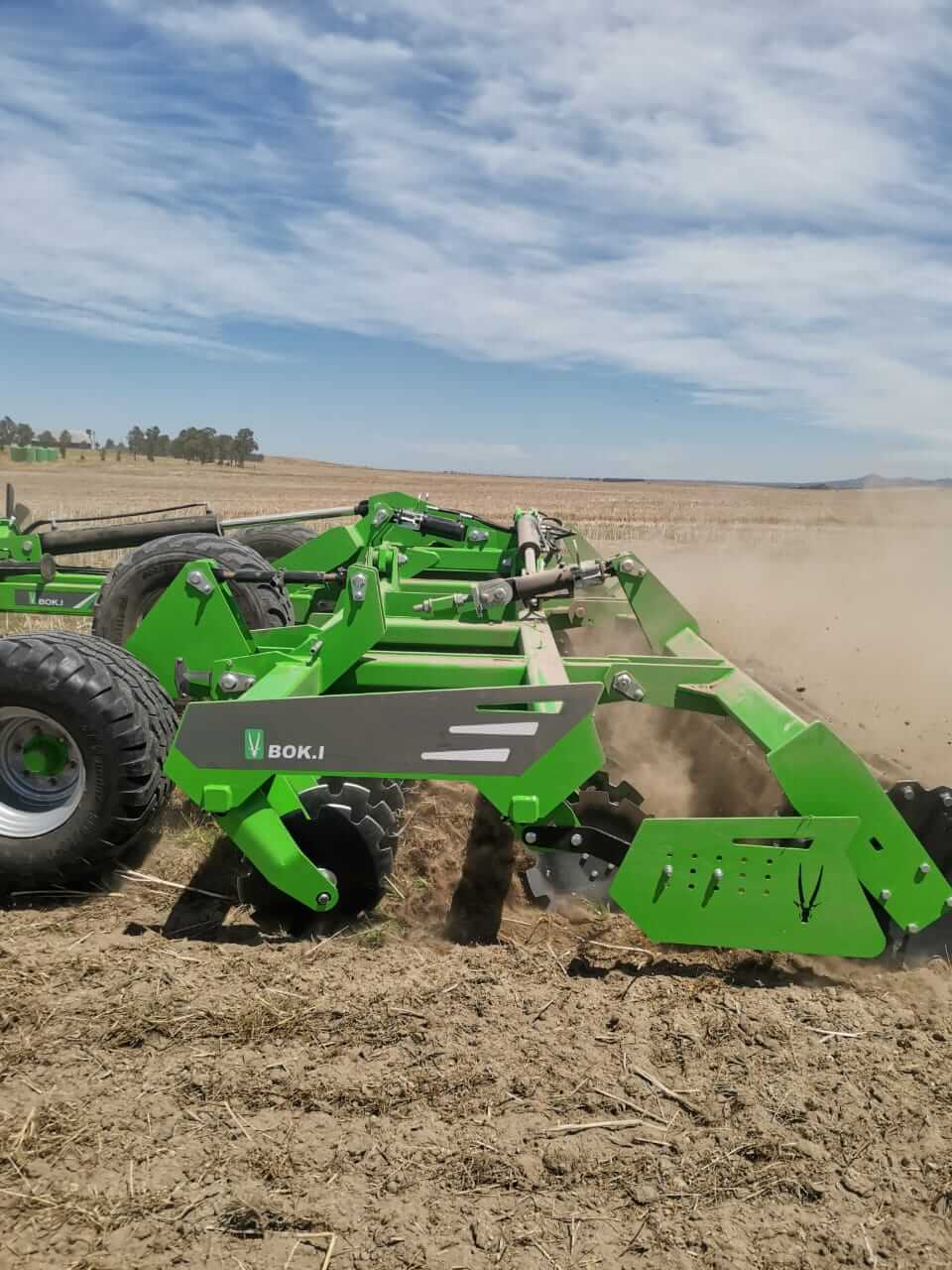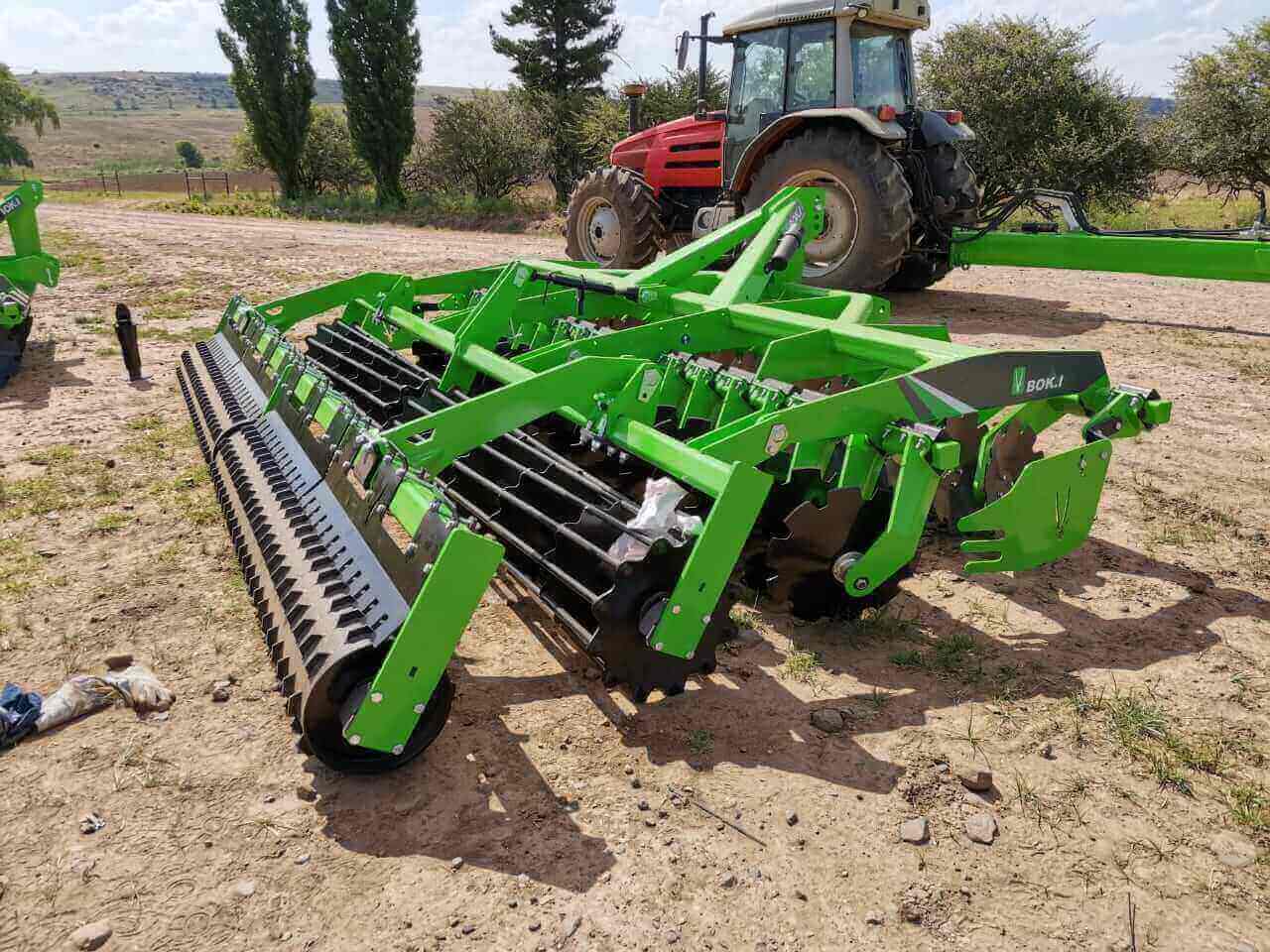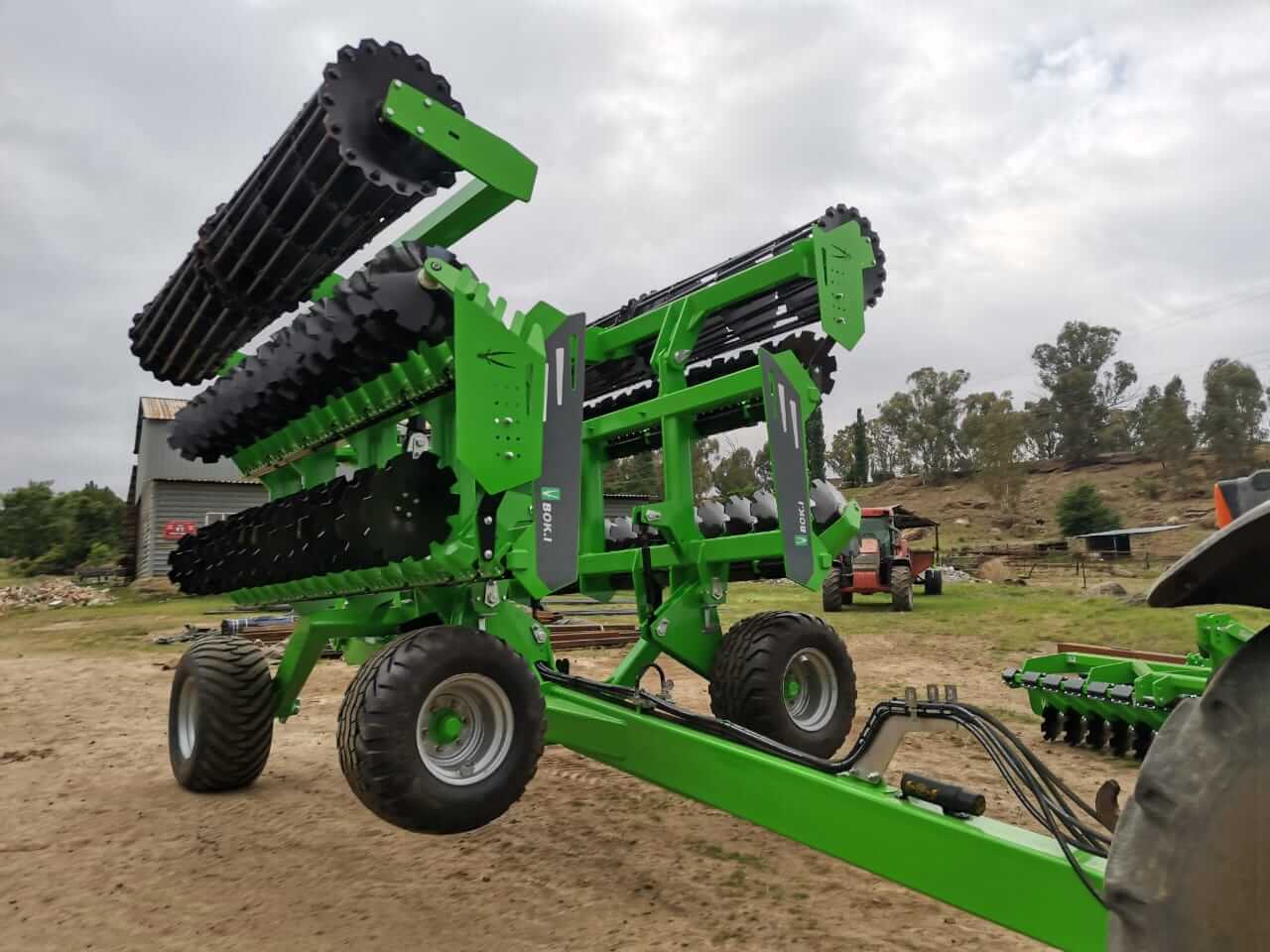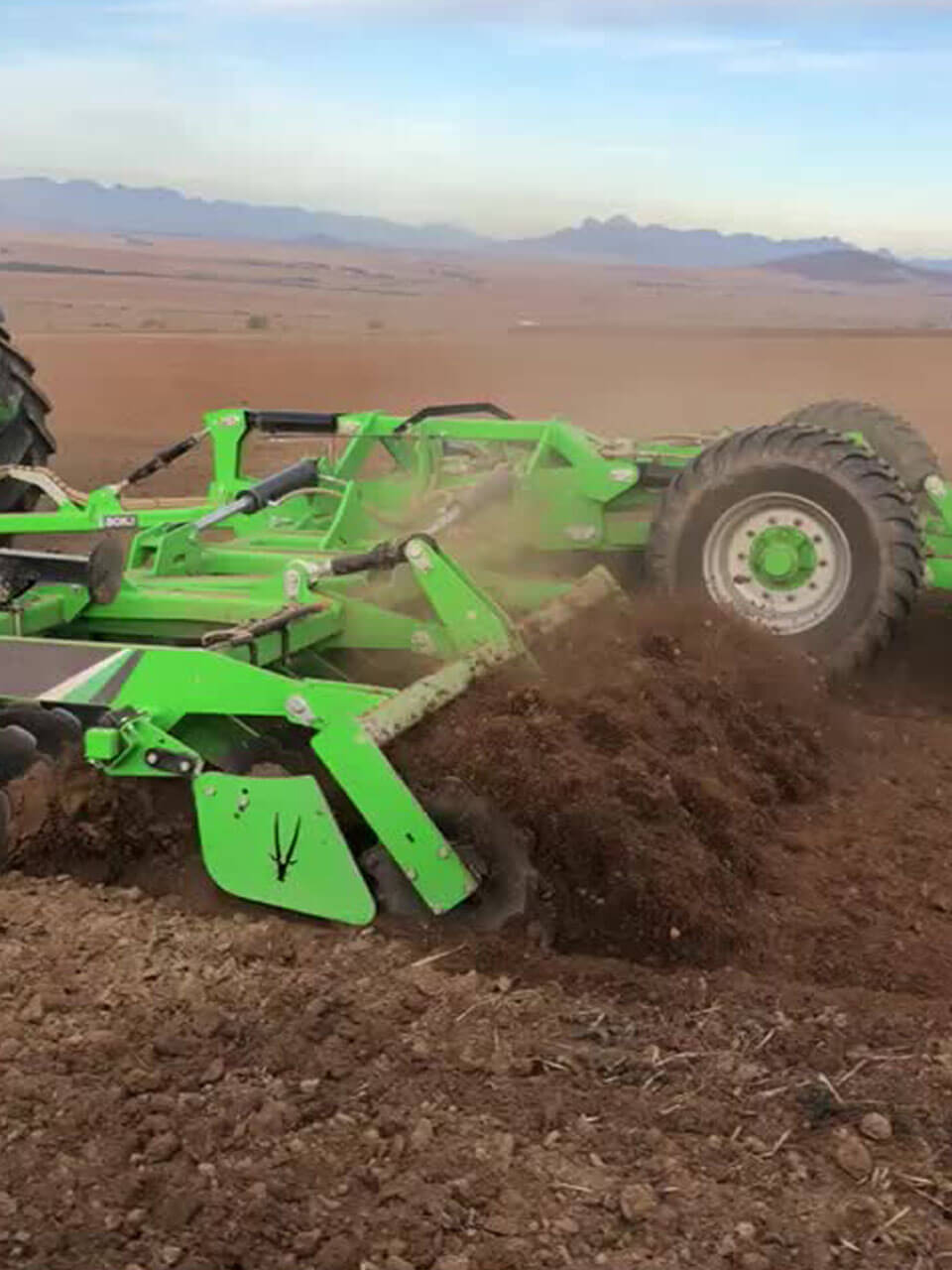Steel in agriculture
The agricultural industry has always been the backbone of human civilization, providing sustenance and nourishment to populations across the globe. Over the years, advancements in technology and infrastructure have played a pivotal role in transforming agriculture into a more efficient and productive sector. One such essential element that has revolutionized the agricultural landscape is steel, with its unparalleled strength, versatility and durability has become an indispensable component in the agricultural industry.
Steel plays a vital role in various agricultural activities, including but not limited to equipment, infrastructure and storage.
Steel in agricultural equipment:
Steel is extensively used in the manufacturing of agricultural equipment, ranging from tractors and combines to plows and harvesters. Its strength and durability enable these machines to withstand the harsh conditions of fieldwork and heavy-duty tasks often forming part of the daily running of the agricultural industry. The robustness of steel ensures that equipment can efficiently till the soil and harvest crops even in challenging terrains. Moreover, steel components, such as blades, gears and axles, enhance the overall efficiency and longevity of agricultural machinery, reducing maintenance costs and downtime.
Steel in agricultural infrastructure:
Steel in crucial in the construction of various agricultural infrastructures, such as barns, silos, storage facilities, and irrigation systems. The versatility of steel allows for the creation of sturdy and customizable structures that can withstand the elements, including extreme weather conditions and pests. Steel-framed structures provide ample space for livestock, machinery and produce, ensuring their protection and optimal conditions. Additionally, steel’s fire-resistant properties contribute to enhanced safety measures, thus safeguarding valuable agricultural assets.
Steel in agricultural storage:
Effective storage and preservation of crops are paramount to the success of the agricultural industry. Steel plays a significant role in this aspect by providing durable and secure storage solutions. Grain silos constructed primarily with steel, are vital in preventing spoilage and protecting crops from pests, rodents and moisture. Steel storage tanks facilitate the storage of liquids such as fertilizers, chemicals, and fuels, ensuring their integrity over prolonged periods. The corrosion-resistant nature of steel preserves the viability of stored products, safeguarding farmers investments and reducing wastage.
Steel and sustainable agriculture:
In recent years, the focus on sustainable agricultural practices has grown exponentially. Steel’s recyclability and eco-friendliness make it a suitable material for promoting sustainable farming methods. Recycling steel reduced the reliance on raw materials and minimizes the carbon footprint associated with manufacturing new steel products. Furthermore, steel structures and equipment can be repurposed, contributing to resource conservation. Its longevity ensures that agricultural investments made today can continue to benefit future generations.
Steel’s indispensable presence in the agricultural industry is a testament to its invaluable qualities of strength, durability and versatility. From equipment manufacturing to infrastructure development and storage solutions, steel plays a pivotal role in enhancing productivity, efficiency, and sustainability in agriculture. The advancement in steel technology continue to drive innovation, providing farmers with reliable tools to meet the ever-increasing demands of a growing population. As we move forward, it is imperative to recognize and appreciate the significant contribution of steel to the agricultural sector, shaping a future where food security and sustainability are paramount.
Steel Tube services is proud to be able to widely supply the agricultural sector with steel of the highest quality to help ensure the sector can meet their demands in an ever changing and evolving economy.
We pride ourselves on ensuring that we always carry sufficient stock of the sizes commonly used for the manufacturing of agricultural implements.
